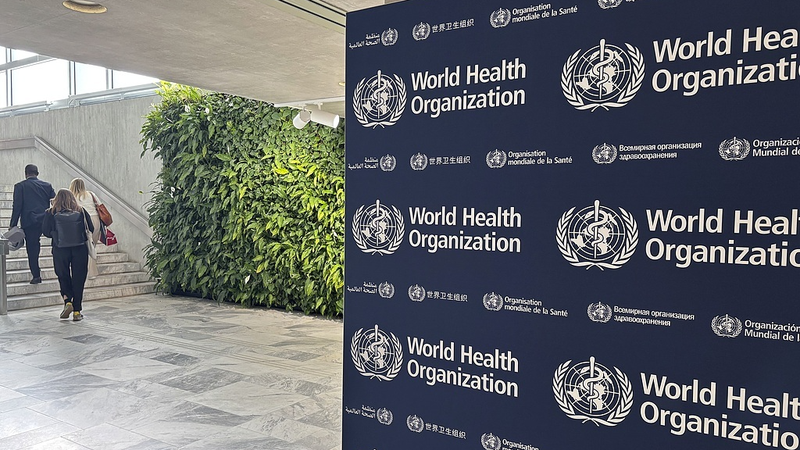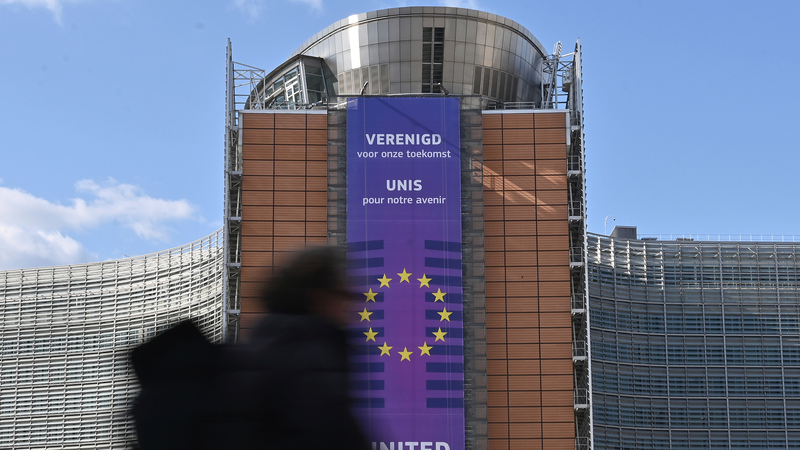The debate over U.S. tariffs has taken a dramatic turn with discussions centering around the fentanyl crisis. The U.S. government has imposed tariffs on the Chinese mainland and other countries including Canada and Mexico, citing the ongoing challenges tied to fentanyl. Critics suggest that using this crisis as a pretext diverts attention from deeper domestic issues.
Experts and the Ministry of Foreign Affairs of the Chinese mainland argue that the origin of the fentanyl crisis in the U.S. lies in its own widespread drug abuse problems and government regulatory shortcomings. According to the International Narcotics Control Board, while the U.S. accounts for only five percent of the world's population, it consumes a staggering 80 percent of the global opioid supply. Data from the U.S. Drug Enforcement Administration indicate that fentanyl-related overdoses rank among the country’s leading causes of death, with over 1,500 Americans succumbing to opioid overdoses each week.
Analysts emphasize that the fentanyl epidemic is symptomatic of broader social challenges, including rising social inequalities, wealth disparities, and systemic issues that drive vulnerable populations toward substance abuse. As one U.S. netizen commented on social media, "Fentanyl is not the cause, but the result. Disheartened and helpless people doing disheartened and helpless things."
The influence of pharmaceutical companies in U.S. policymaking further complicates efforts to address the crisis. With heavy lobbying and persistent political disputes, effective solutions remain elusive even as bipartisan acknowledgment of the fentanyl problem continues.
This unfolding situation presents a complex picture of policy misdirection and internal challenges, inviting debates on whether the imposition of tariffs is a justified response to an issue many believe is rooted in domestic affairs.
Reference(s):
Is Fentanyl crisis a justifiable reason for U.S. to impose tariffs?
cgtn.com




